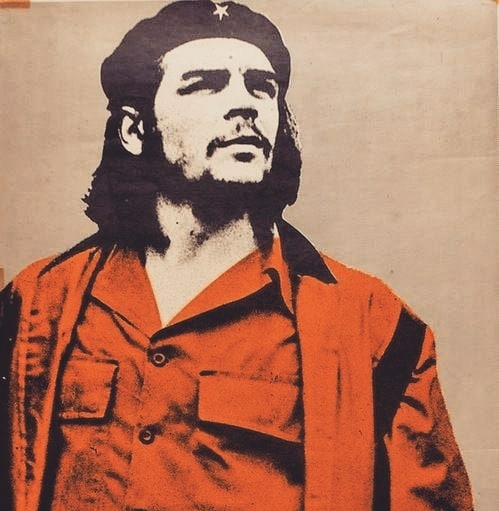Born on 14 June 1928, Che Guevara was an Argentine Marxist revolutionary, physician, author, guerrilla leader and military theorist.
By 1965, with the Cuban economy in shambles, Guevara left his post to export his revolutionary ideologies to other parts of the world. He travelled first to the Congo to train troops in guerrilla warfare in support of a revolution there but left later that year when it failed.

After returning briefly to Cuba, in 1966, Guevara departed for Bolivia with a small force of rebels to incite a revolution there. He was captured by the Bolivian army and killed in La Higuera on October 9, 1967.
As a young medical student, Guevara travelled throughout South America and was radicalized by the poverty, hunger, and disease he witnessed.

Che Guevara expounded a vision of a new socialist citizen who would work for the good of society rather than for personal profit.
Guevara would live on as a powerful symbol, bigger in some ways in death than in life. Many on the political right condemned him as brutal, cruel, murderous, and all too willing to employ violence to reach revolutionary ends.

On the other hand, Guevara’s romanticized image as a revolutionary loomed especially large for the generation of young leftist radicals in Western Europe and North America in the turbulent 1960s.







